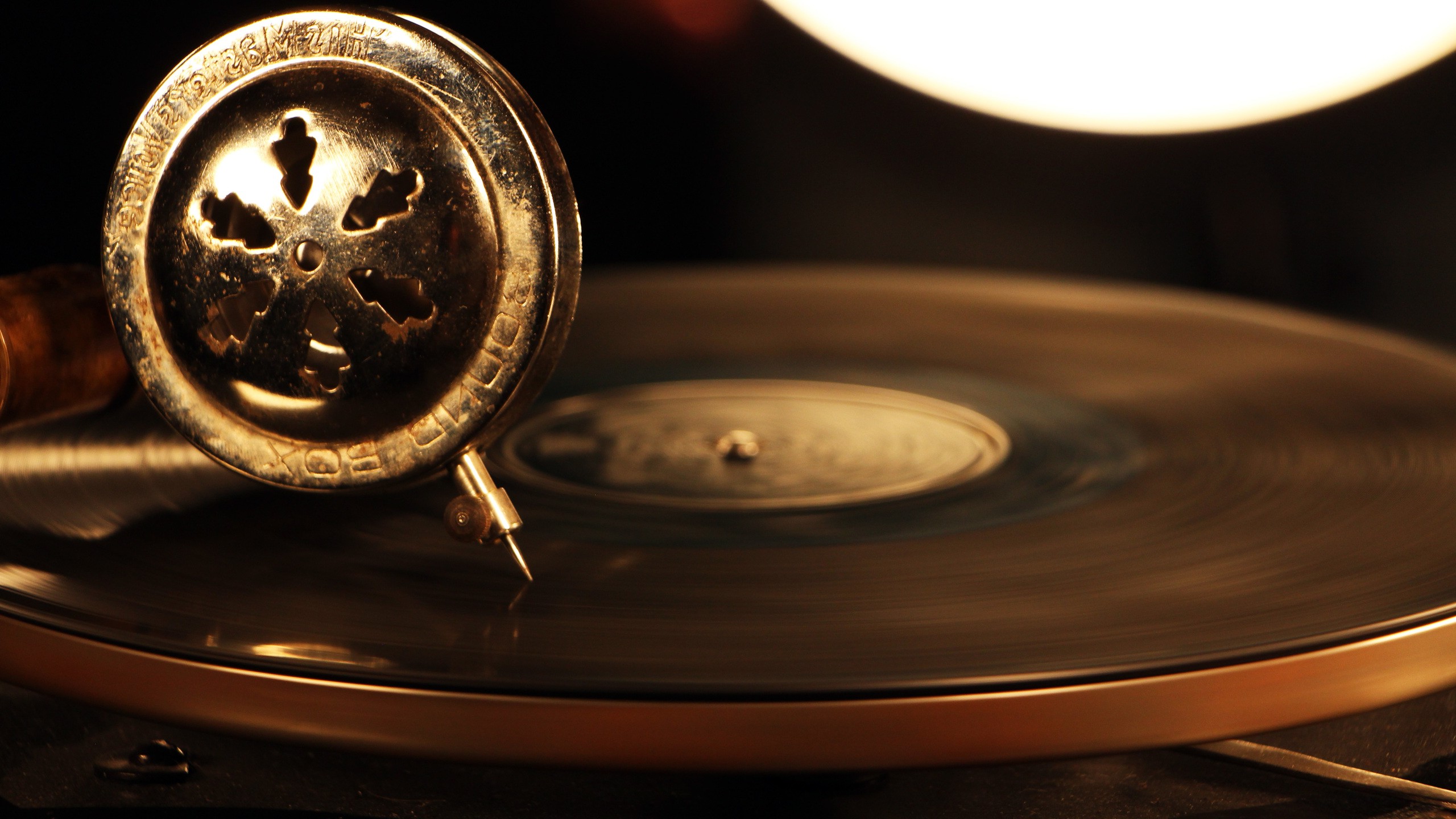The Magic of Music

The Magic of Music
Keywords
“Ah Music… a magic beyond all we do here!”
— ALBUS DUMBELDORE, HEADMASTER
Music is a form of magic, though we may not believe in magic but we need to believe in the magical power of music. This article is meant to let you stretch and open up your imagination until you believe in this enchanting power of music! It will also give you an insight of how it affects the body’s most fascinating organ – the human brain!
Let’s start with Music Therapy..
Music therapy is the best example one can use to explain how music have benefits on the brain. In this article I’m going to be talking about music therapy, why music is used in therapeutic settings and some of the benefits of music on our brains. This way you’ll get an idea of how music –when used in particular strategies- can have positive effects on our brains. In this article, you’ll become aware of its principles and how it works, and most importantly how it affects well-being; to give you an idea of how music can have an impact as huge as bettering the quality of lives and alleviate pain and illnesses.
We experience and listen to music in our everyday lives -in our cars, on the radio, in a TV ad, in live concerts, at restaurants; we can hardly avoid it. Music has become big part of our lives. Therefore, it would be interesting to let you dig deep into something that’s uncommon and see its deeper significations which aren’t as common. We’ll be explaining how music is used therapeutically and effects of it on the brain. Not to mention in this sense you will learn to look at music from a psychological perspective, and know in what ways it can affect you as a human.
Before we talk about the cons of music therapy, let us define first what it is. Music Therapy, as defined by the American Music Therapy Association, is the clinical and evidence-based use of music interventions to accomplish individualized goals within a therapeutic relationship. It is an established health service, and consists of using music therapeutically to address physical, psychological, cognitive and/or social functioning”.
“Music, from a psychological perspective, is a form of sensory stimulation that elicits responses due to the familiarity, predictability and feelings of security associated with it” (AMTA). Music therapists use musical interaction as a way of communication and expression. This musical interaction helps the clients express and address what they might not be able to express through words. Therapists use music strategies, can be vocal and instrumental, which are made to result in changes that are non-musical. Clients do not need to have musical background in order to engage in music therapy. (AMTA)
Studies show that music therapy is capable of enhancing interpersonal (i.e. social), affective, cognitive, and behavioral functioning. These following outcomes state precisely the implications of music therapy on those aspects (i.e. social, affective, cognitive and behavioural), not to mention they imply that music therapy in fact boosts well-being.

Benefits of Music Therapy on Mental Health:
- Making positive changes in moods and emotional states
- Developing coping and relaxation skills
- Encouraging healthy thoughts and feelings
- Taking on positive forms of behaviour
- Developing a sense of control over one’s life
- Learning to express oneself verbally and non-verbally
- Exploring personal feelings and issues such as self-esteem
- Improving concentration and attention span
- Facilitates communication/interaction with others
- Developing feelings of independence and decision-making skills
- Resolving personal conflicts
- Improving problem solving skills
Outcomes of Music Therapy:
- Reduced muscle tension
- Improved self-image and self-esteem
- Decreased anxiety and agitation
- Increased verbalization
- Enhanced interpersonal and social relationships
- Improved group cohesiveness
- Increased motivation
- Successful and safe emotional release
Lastly, there is no better way to end this article but to leave you with a number of quotations by some of the most distinguished musicians, artists and composers. These quotes, as I believe, depict the beauty of music and the astonishment of music making in a very lyrical way.
“The practice of [music] is…a great part of my inner self. To me, it is the very air I breathe.” – Clara Schumann
“I speak through my music. The only thing is that a poor musician such as myself would like to believe that he was better than his music.” – Johannes Brahms
“To enjoy the effects of music fully, we must completely lose ourselves in it.” – Jean-Phillipe Rameau
“If music be the food of love, play on.” – William Shakespeare, Twelfth night
“The aim and final reason of all music should be nothing else but the Glory of God and the refreshment of the spirit.” – Johann Sebastian Bach
Which quote resonated with you the most? Share your thoughts in the comments below!
References
Baker, F. (2013). Book Review. Psychomusicology: Music, Mind, and Brain. Accessed May 1, 2018.
Croom, A. (2015). Music practice and participation for psychological well-being: A review of how music influences positive emotion, engagement, relationships, meaning, and accomplishment. Musicae Scientiae, Accessed May 1, 2018.
Related articles
The War in Your Brain, How Do We Interact With Violent And Distressing Imagery?

First Therapy Session: What To Expect

Feeling the pressure? How social media is affecting our mental health.

6 Mental Health Benefits of Spirituality: Ramadan Edition





